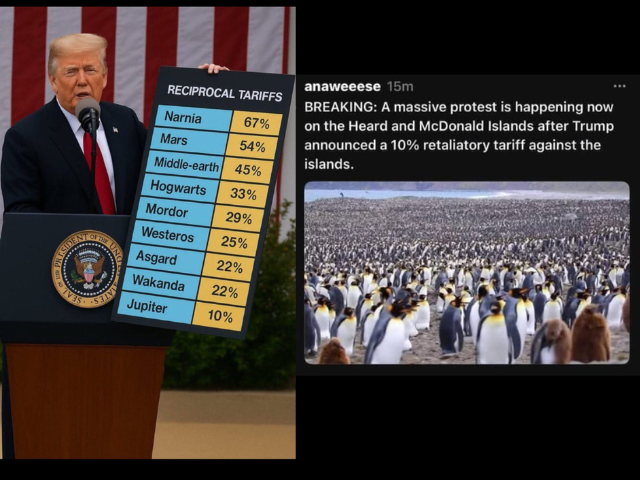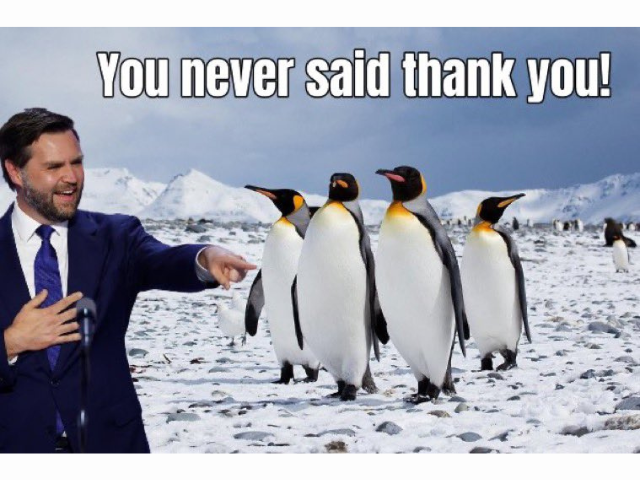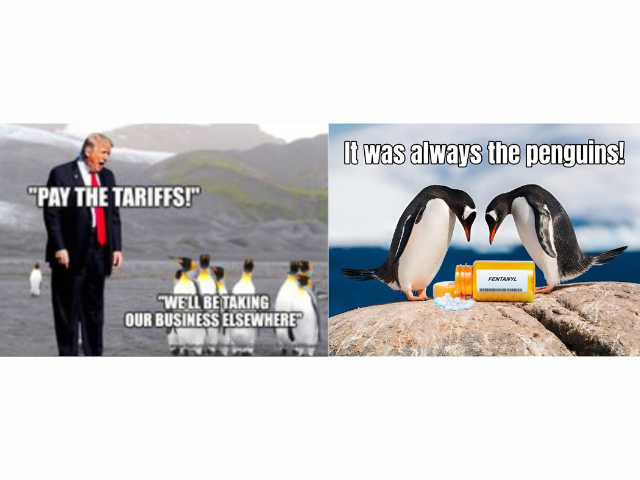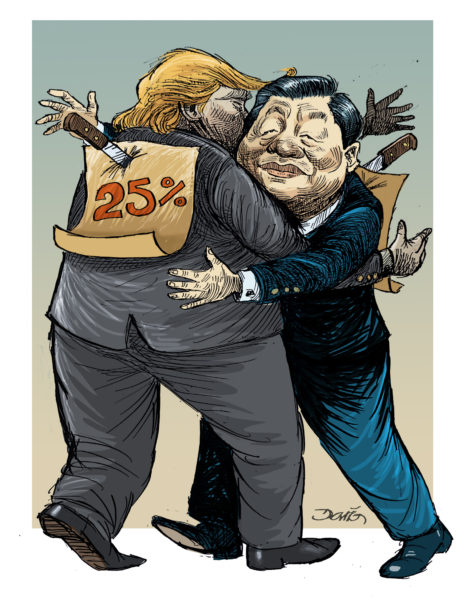The global trade war that has just escalated has already had ripple effects, and its long-term consequences are still unfolding. While the immediate impacts were widely analysed, here are some likely long-term effects:
( Read more... )
So in brief, the long-term effects of the trade war sparked under Trump will include fractured global supply chains, weakened international trade rules, rising protectionism, and a shift toward economic nationalism. While some industries will adapt and new will alliances form, global trade will become more fragmented overall, less efficient, and more politicised, potentially slowing global economic growth and innovation significantly.
( Read more... )
So in brief, the long-term effects of the trade war sparked under Trump will include fractured global supply chains, weakened international trade rules, rising protectionism, and a shift toward economic nationalism. While some industries will adapt and new will alliances form, global trade will become more fragmented overall, less efficient, and more politicised, potentially slowing global economic growth and innovation significantly.








